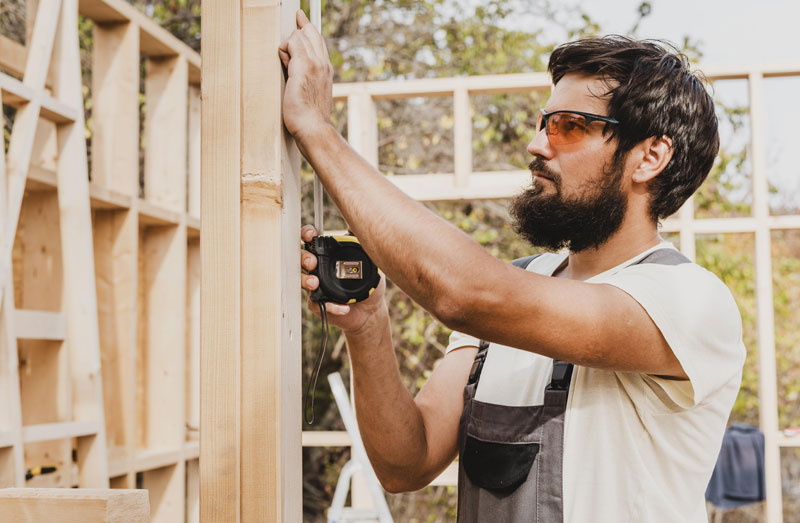Certificate III In Carpentry CPC30220
- Home
- Certificate III In Carpentry CPC30220
Certificate III In Carpentry CPC30220
Qualification Overview
- Qualification Name: Certificate III in Carpentry
- Qualification Code and Units of Competency: CPC30220
- Duration: Within four weeks of receiving the required prior learning evidence.
Description
The Certificate III in Carpentry is a nationally recognised qualification that reflects the skillset of carpenters working in residential and commercial environments. This qualification is available through Recognition of Prior Learning (RPL), allowing experienced carpenters to formalise their skills and gain certification based on practical experience.
Carpenters with this qualification are proficient in a wide range of tasks, including planning, crafting, building, joining, installing, and repairing items made from both wood and non-wood materials. Whether working on residential homes, commercial properties, or formwork projects, RPL offers a streamlined pathway to certification without the need for classroom study.
The qualification covers a variety of carpentry specialties, such as residential carpentry, commercial carpentry, and formwork carpentry. By recognising your existing expertise through RPL, you can achieve your certification and advance in your career as a skilled carpenter in the construction industry.
What Evidence Do You Need for RPL?
- A detailed resume outlining your carpentry experience in residential, commercial, and formwork carpentry
- Job descriptions or employment history from your carpentry roles
- Reference letters from current or past employers verifying your carpentry duties and skills
- Photos or videos of completed carpentry projects, including framing, decking, staircases, or formwork
- Samples of work, such as project plans, material lists, and specifications
- Evidence of your knowledge and use of carpentry tools and machinery
- Payslips, contracts, or rosters confirming your carpentry experience
- Any relevant training certificates, qualifications, or courses you’ve completed in carpentry or related fields
- Documentation demonstrating your understanding of safe work practices, building codes, and industry standards
- Business registration documents or client invoices if you’ve been self-employed or run your own carpentry business

